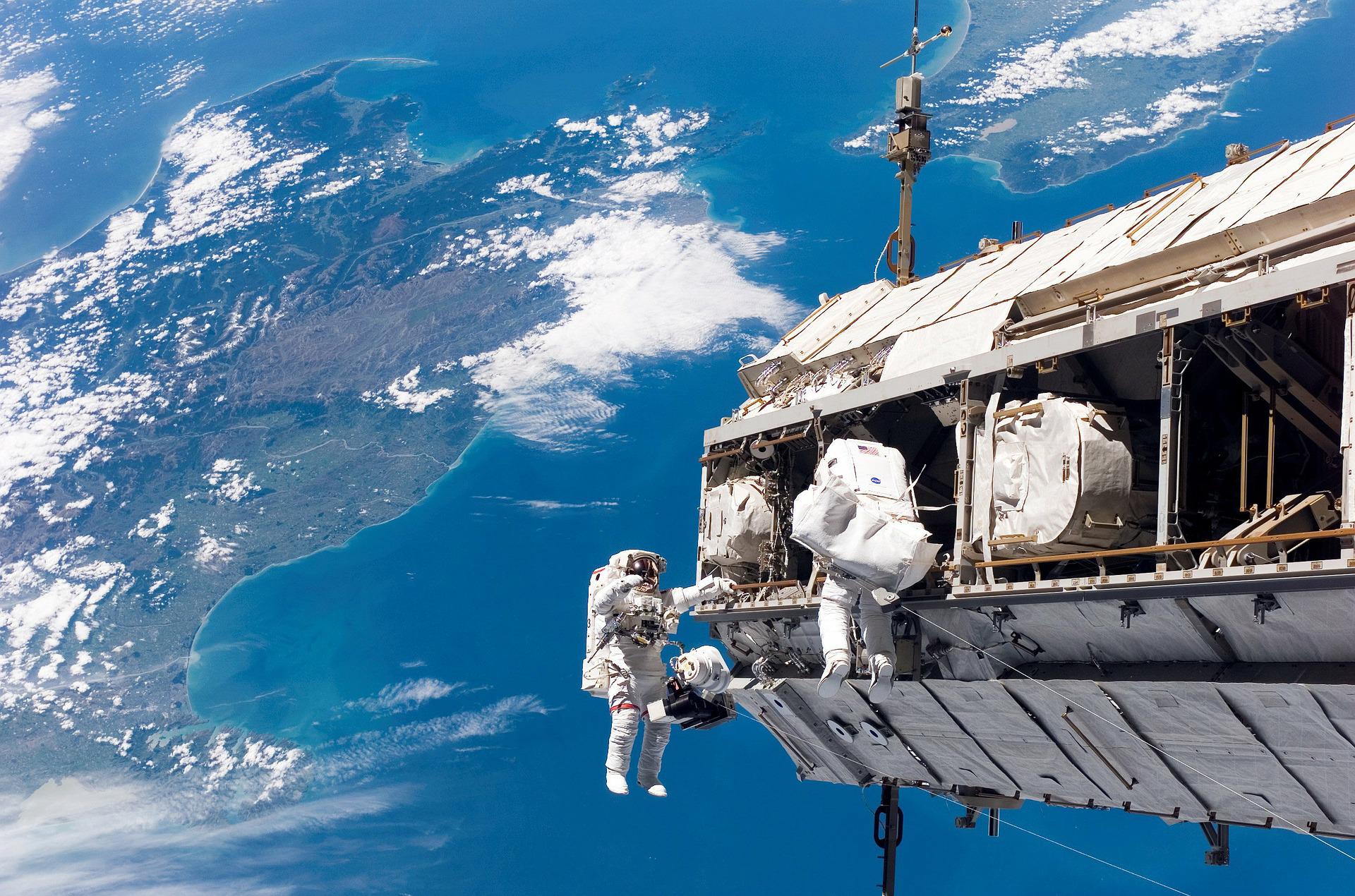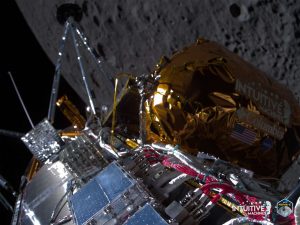NASA Administrator Bill Nelson on Friday played down threats by Roscosmos chief Dmitry Rogozin about pulling out of the International Space Station (ISS) and dropping the 500-tonne structure on the US, Europe, or elsewhere.
“That’s just Dmitry Rogozin. He spouts off every now and then. But at the end of the day, he’s worked with us. The other people that work in the Russian civilian space program, they’re professional. They don’t miss a beat with us, American astronauts and American mission control,” Nelson told the Associated Press on Friday.
Also read | 130 rescued, ‘hundreds’ trapped in Mariupol theatre hit by Russia: Zelensky
Nelson’s comments came a day after the European Space Agency (ESA) announced the cancellation of the Europe-Russia ExoMars mission scheduled for launch in late 2022.
“Despite all of that, up in space, we can have a cooperation with our Russian friends, our colleagues. The professional relationship between astronauts and cosmonauts, it hasn’t missed a beat. This is the cooperation we have going on in the civilian space program,” the NASA chief said about international cooperation in space.
Since the beginning of the invasion of Ukraine on February 24 and the consequent wave of Western sanctions on Russia, Rogozin has repeatedly warned that the ISS could come crashing down to Earth.
“If you block cooperation with us, who will save the ISS from an uncontrolled deorbit and fall into the United States or Europe?,” the Roscosmos chief had said earlier.
Also read | Russian scientists say Moscow lying about US bioweapons in Ukraine: Report
“There is also the option of dropping a 500-tonne structure to India or China. Do you want to threaten them with such a prospect? The ISS does not fly over Russia, so all the risks are yours. Are you ready for them?,” Rogozin had further warned.
However, NASA had also played down such threats earlier, saying, “NASA continues working with all our international partners, including the State Space Corporation Roscosmos, for the ongoing safe operations of the International Space Station. The new export control measures will continue to allow US-Russia civil space cooperation.”







